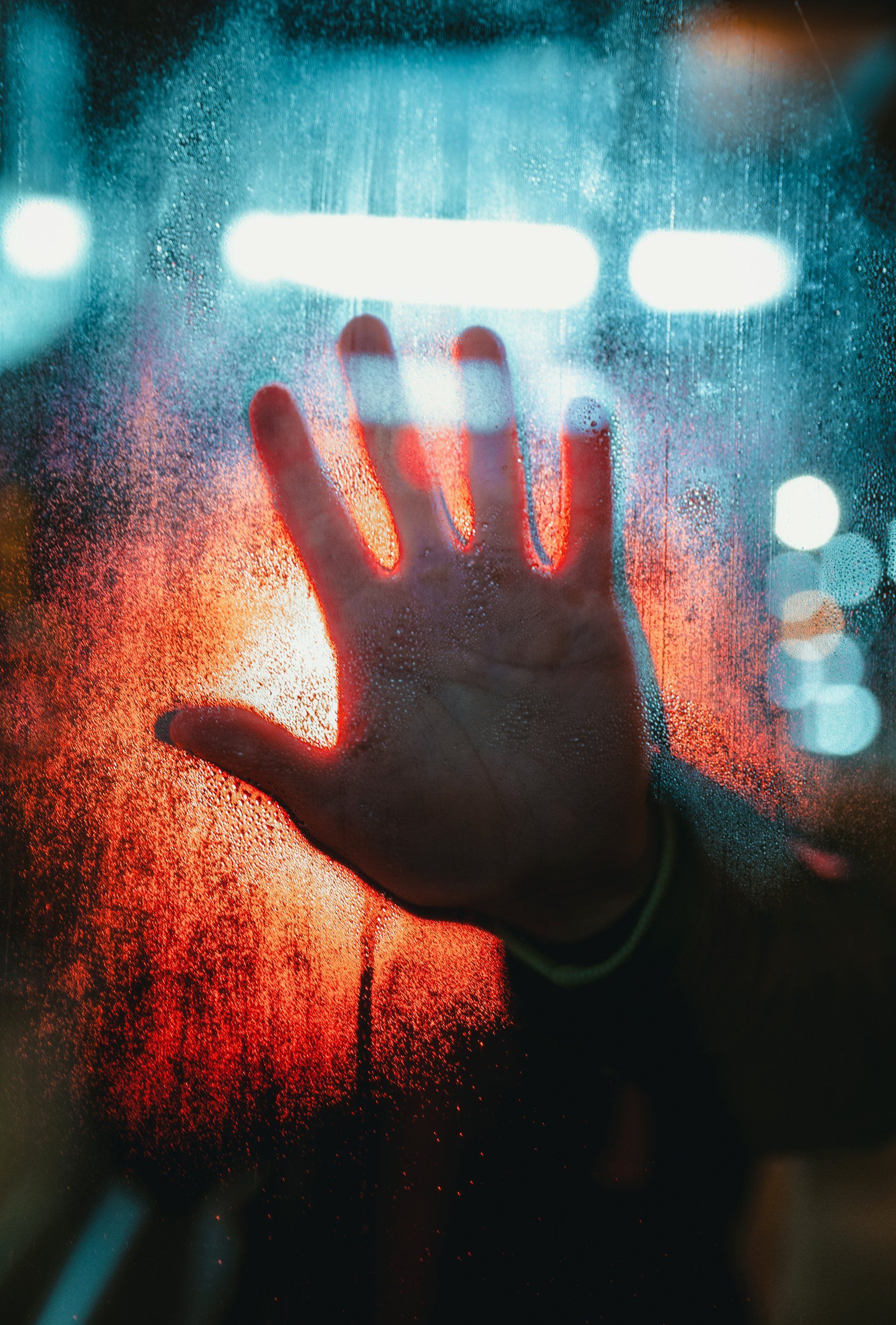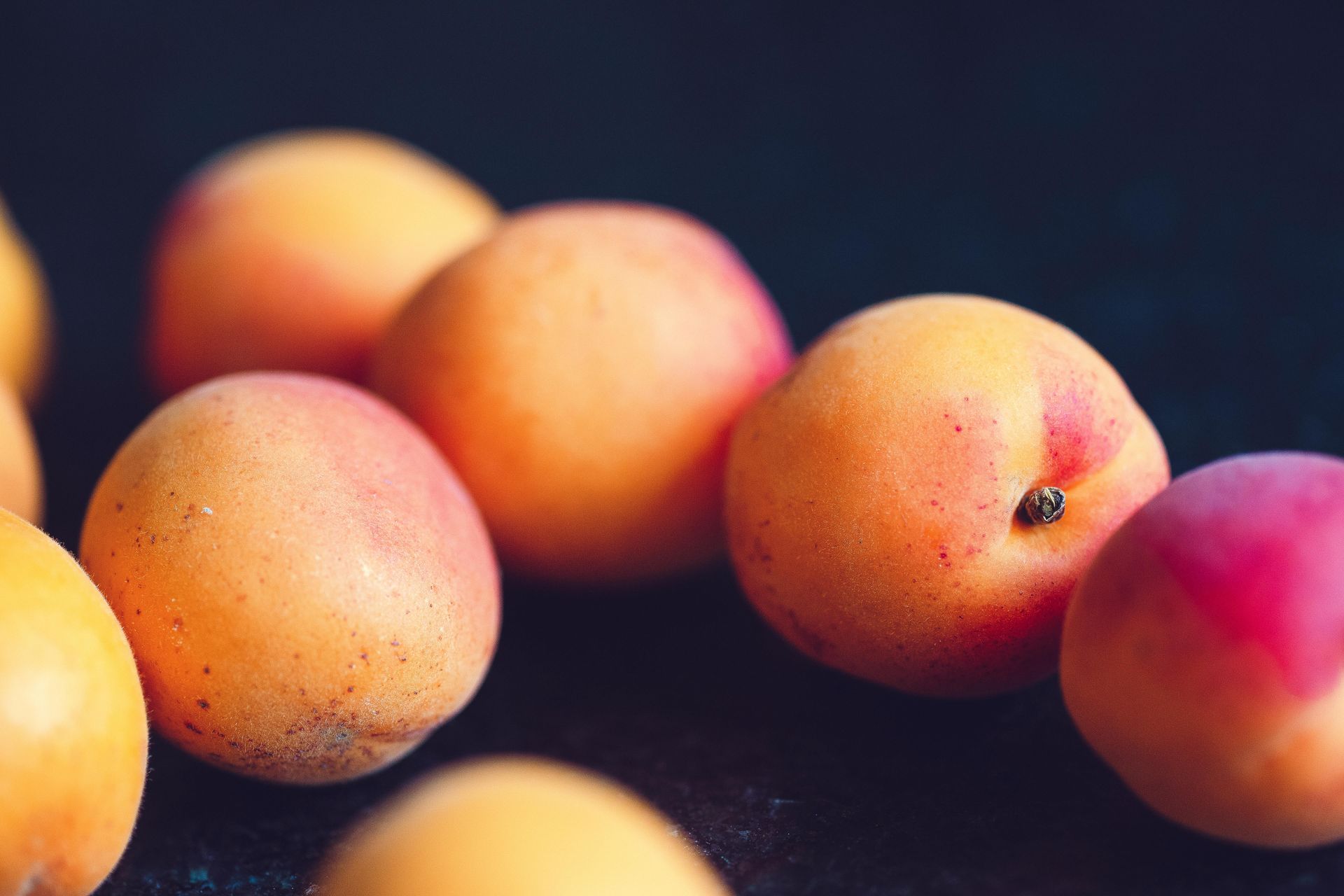How pathogens change human culture
“The vast majority of the population at the time of the Black Death was rural peasants who suffered the highest mortality and in so doing, became much more expensive and choosy about where they worked, and how they related to lords.” (BBC)
It takes time. But once a pandemic has ended, the longer term effects come to the fore – and they can be dramatic. How has covid changed our world? We’ll know more once we can look back at it through the lens of time and see patterns emerging. But, like every other infectious disease, covid will have changed civilisation. Let’s take a look back in time and see what previous pandemics have done to alter the way we live.
Neanderthal immune systems and the agricultural revolution
Some say our evolutionary success over our close relatives the Neanderthals could have been down to the fact that homo sapiens’ immune system was stronger. Others say the Neolithic agricultural revolution helped spread pathogens which benefited some people and disadvantaged others, probably just as profoundly as the Black Death but with a subtler impact over a much longer timescale.
As humanity moved from a hunter-gatherer lifestyle to a settled farming life, scientists reckon a ‘golden age for viruses, microbes and other animals’ was ushered in, causing an epidemiological revolution just as dramatic as the agricultural revolution itself. Take a look inside our DNA and the markers from those ancient times are still here, revealed by a host of genetic adaptations dating back to the start of the agricultural system we still live with today.
Religious upheavals and history-changing financial failures
The Antonine and Cyprianic plagues, way back in the 2nd and 3rd centuries, might have driven Christianity to morph from something small and obscure to a global religion. Can you imagine how different the world would be without it? In the 1600s an early Scottish trading post in Central America was devastated by yellow fever, ruining Scotland’s finances and ultimately leading to it merging with England. Without those plagues, it might never have happened.
How the Black Death changed society
The Black Death was a horror show of epic proportions, but it also helped Western society throw off its feudal, religious roots, replaced by something entirely new – a capitalist, secular culture where many ordinary people’s lives improved dramatically. We're no longer serfs, treated like possessions for the rich to use and discard. We had new value as workers.
Nature fights back
It’s clear that infectious diseases have driven political and economic change for thousands of years. In this respect, covid isn’t anything special. On the other hand when you roll climate change and over-population into the equation, we’re seeing nature fighting back. Pandemics are more likely than ever, and as the author of a brilliant book on the subject, Jonathan Kennedy, says, humanity has found itself in
“a very precarious position… surrounded by innumerable viruses and bacteria that are mutating all the time”.
Faced with this increasing existential threat of infectious disease, it’s vital to protect ourselves – and prepare intelligently for the next pandemic, which isn’t an ‘if’ but a ‘when’.
Know more about the past, plan for the future
If you’d like to know more, read Pathogenesis: How germs made history by Jonathan Kennedy, who teaches global public health at Queen Mary University of London. You can expect a fascinating journey through 50,000 years of world history, all rolled into a thrilling story revealing the role of infectious diseases in shaping humanity.
Can you play a part in ensuring we’re safe next time around? The answer’s yes. Contact us to talk about how to keep your business, suppliers, visitors and customers safe from pathogens using clean, low-cost, highly effective UVC light that trashes their DNA and RNA so they can’t reproduce.










